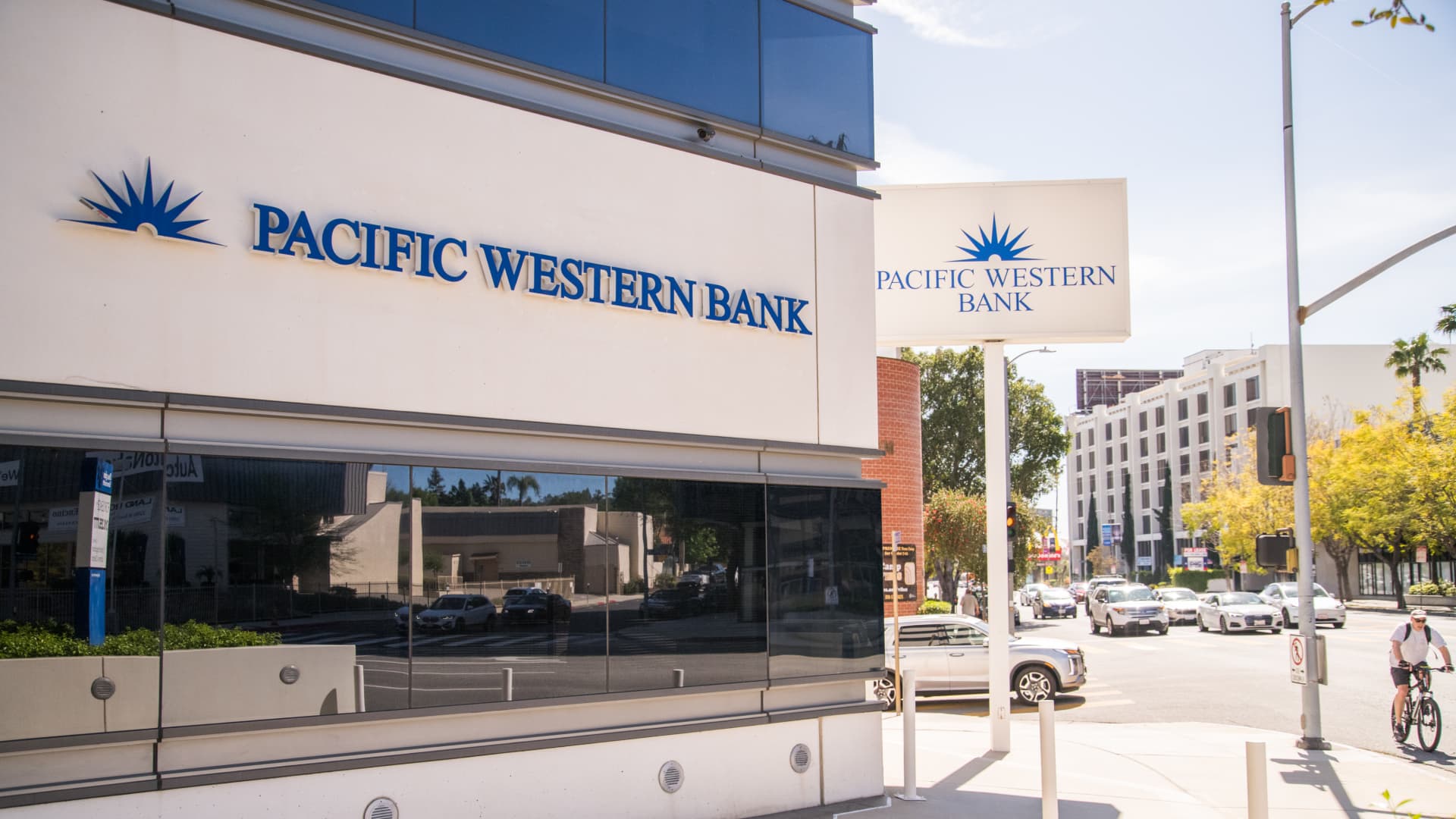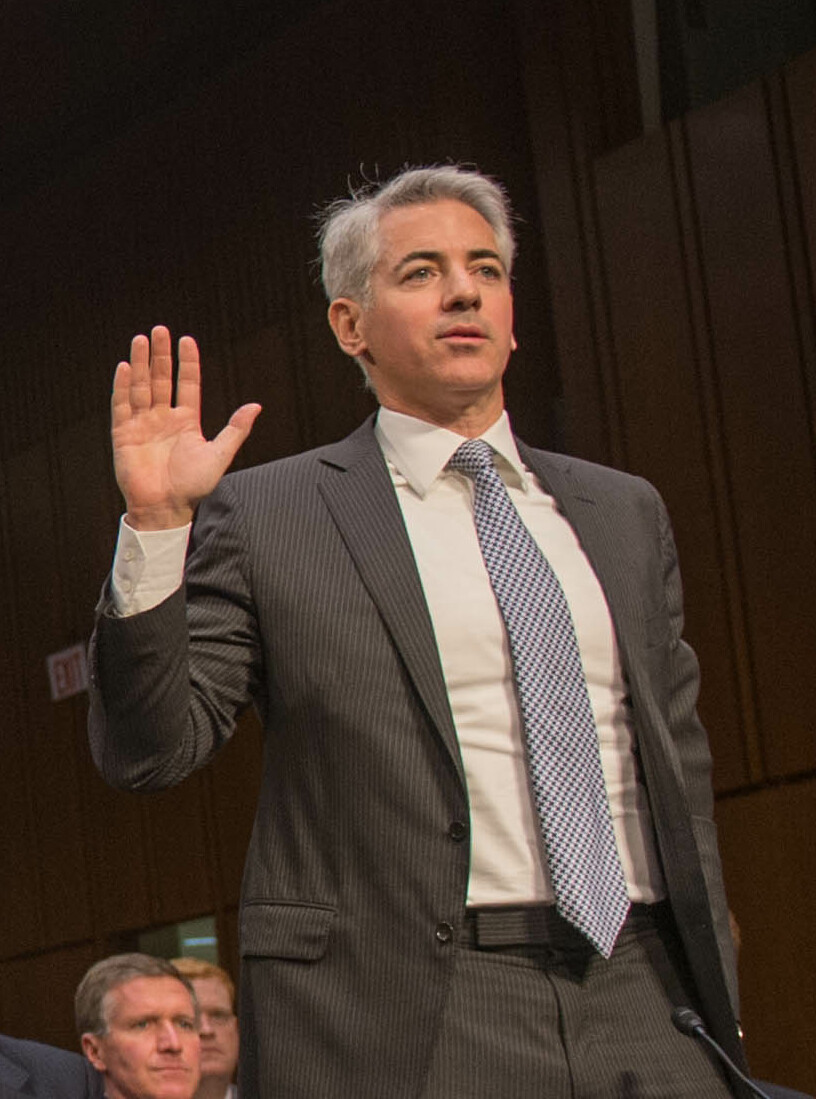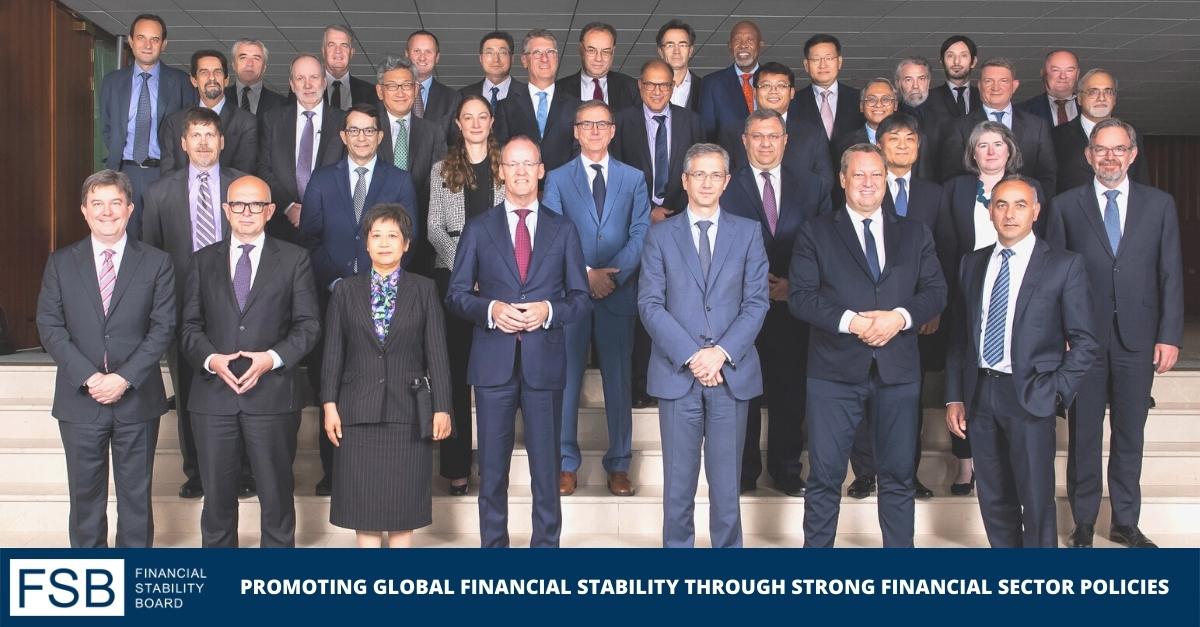Fed raised interest rates again +0.25%.
Which regional bank is next?
People are eyeing PacWest Bancorp and Western Alliance Bancorp.
People also continue to slowly withdraw bank deposits that pay nothing to get that sweet money market fund money.

 www.bloomberg.com
www.bloomberg.com
Which regional bank is next?
People are eyeing PacWest Bancorp and Western Alliance Bancorp.
People also continue to slowly withdraw bank deposits that pay nothing to get that sweet money market fund money.

Money-Market Funds Are Hot Again After Years of Fee Discounts
Money-market funds — those humdrum cash-equivalents that plodded along for years in the low-interest rate era – have suddenly turned lucrative.
Last edited:




